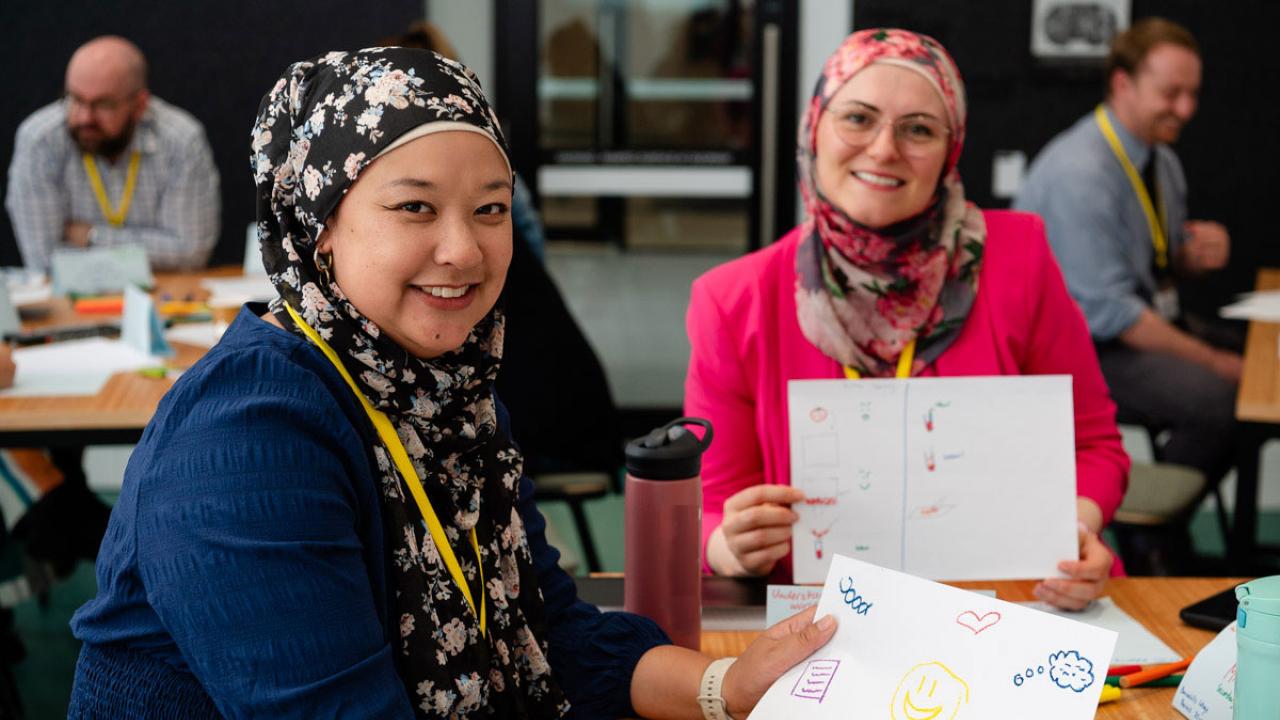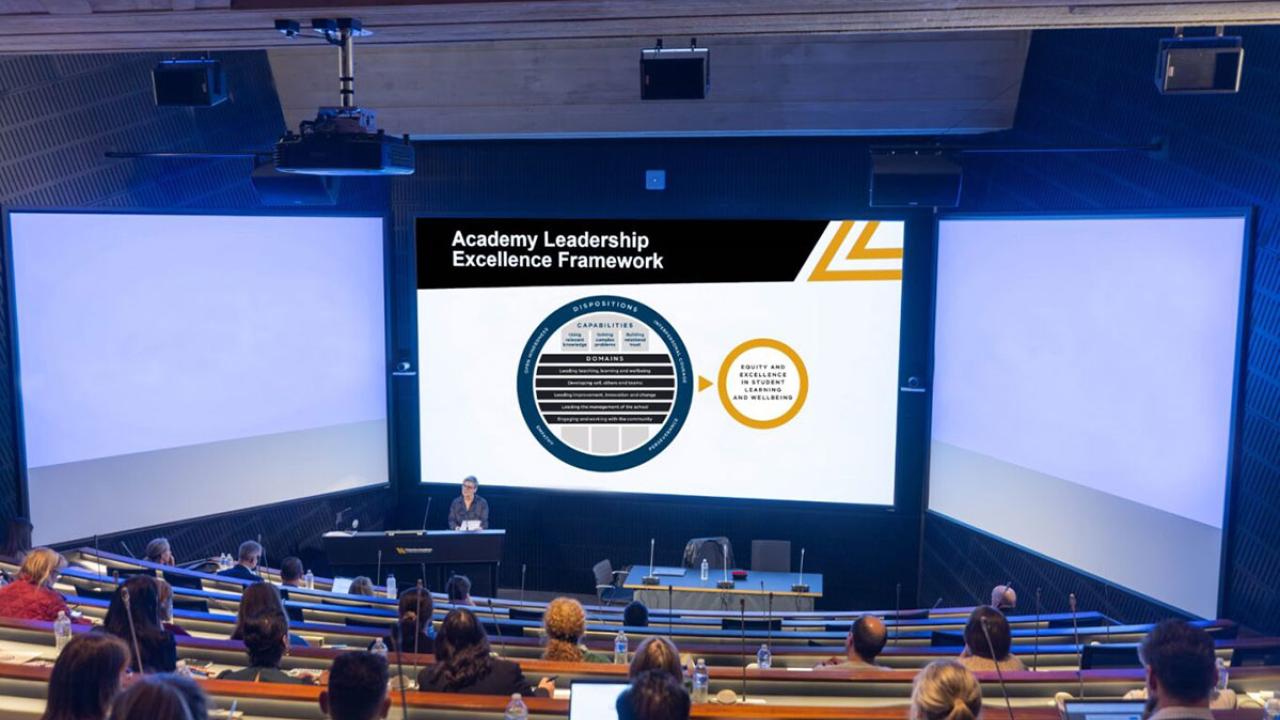06 May 2015
What is Learning for?

Education systems need a radical redesign in order to offer learning relevant to our current conditions, writes global thought leader Valerie Hannon.
The purpose of organised learning has changed in our present climate. Depletion of the earth’s resources, high levels of violence, fundamentalism and intolerance, and the transformative power (and potential menace) of technology pose threats to our existence.
Today, learning must focus on saving our species in conditions that can nourish our aspirations for a good life. We must learn to adapt to new technologies and increased artificial intelligence. To shift our focus from the individual to the collaborative and the social. To gain cultural competence and empathy to establish healthy relationships and create conditions of peace. The challenges are immense but addressing them is critical to our learning, and survival.
Discover how to frame your learning design to meet the challenges of the 21st century.
This article was prepared for Horizon: Thought Leadership, a publication of the Bastow Institute of Educational Leadership, Department of Education and Training, Melbourne, Victoria, Australia.

Download

Discover more resources
We live in a time of unprecedented change. Valerie Hannon believes our education systems are lagging behind. In this podcast, Valerie shares what it is about education that drives and inspires her – from her early schooling, doing her masters with David Hargreaves and, most importantly, working with students in different capacities to help change their lives.
Learn more

What should students learn in the 21st century? Specific content does not matter. It is what students do with the content, how they respond to it, shape it and apply it, that matters, write educators Rob Riordan and Larry Rosenstock.
Learn more

Computational Thinking is a process that applies a 4-step problem-solving cycle to real-world challenges, and it should feature in every subject, writes mathematician and entrepreneur Conrad Wolfram.


